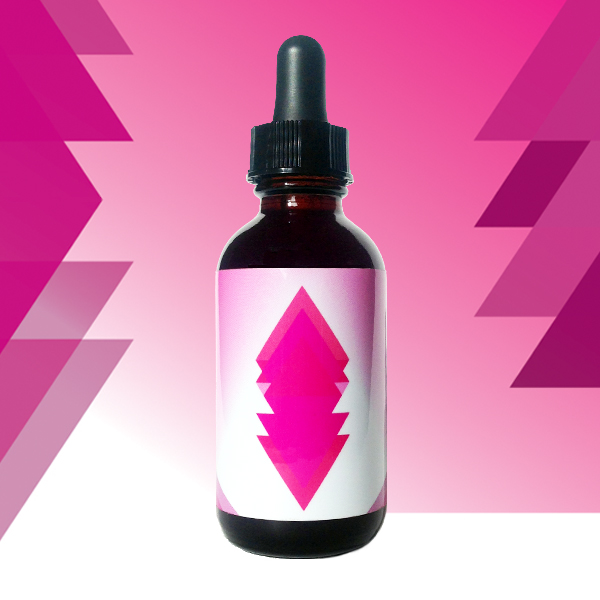Out of Stock /// On the Brew
Keep in touch on Instagram for the arrival of the new batch.
Rhodiola rosea has been used in traditional medicine for thousands of years, primarily in the high altitude regions of the Northern Hemisphere, such as Siberia, Mongolia, Scandinavia and China.
Since 1960, more than 180 pharmacological, phytochemical, and clinical studies have been published on Rhodiola rosea.
–
Benefits of Rhodiola rosea include:
–
- Adaptogenic
- Anti-stress, anti-anxiety, anti-fatigue, anti-inflammation, anti-cancer, antioxidant, anti-hypoxic
- Boosts immunity / immunomodulator
- Cardioprotective
- DNA repair
- Emotional calming
- Enhanced cognitive functions of the cerebral cortex — thinking, analyzing, evaluating, calculating, planning
- Enhanced cognitive functions of the prefrontal and frontal cortex — attention, memory, learning
- Enhanced functions of the sympathetic (flight or flight) and parasympathetic (conserve and restore) nervous systems
- Increased endurance, faster recovery
- Increased energy
- Increased fertility
- Increased virility
- Increased transport of oxygen to the body
- Stimulates, and enhances the effects of neurotransmitters norepinephrine, dopamine, and serotonin
Cautions and Contraindications
Rhodiola is not be used in individuals with bipolar disorder who are vulnerable to becoming manic when given antidepressants or stimulants.
Rhodiola is considered a Monoamine oxidase inhibitor (MAOs A and B) and is not be used if taking anti-depressants, SSRI medications or MAOI medications.
Rhodiola is best taken early in the day, as it may interfere with sleep.
For detailed and comprehensive information on Rhodiola rosea, including extensive information regarding clinical studies please read: Rhodiola rosea: A Phytomedicinal Overview by Richard P. Brown, M.D., Patricia L. Gerbarg, M.D., and Zakir Ramazanov, Ph.D., D.S


